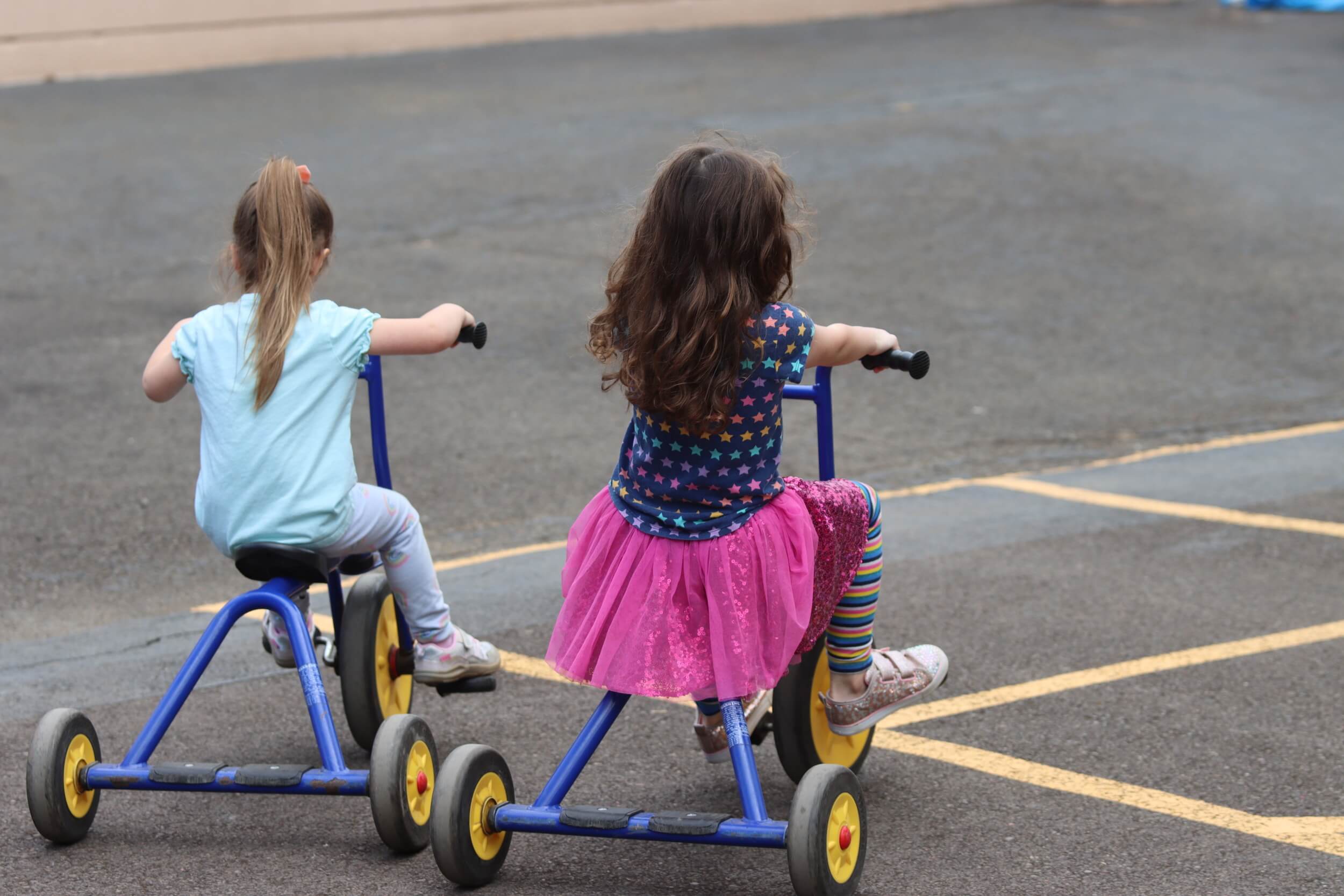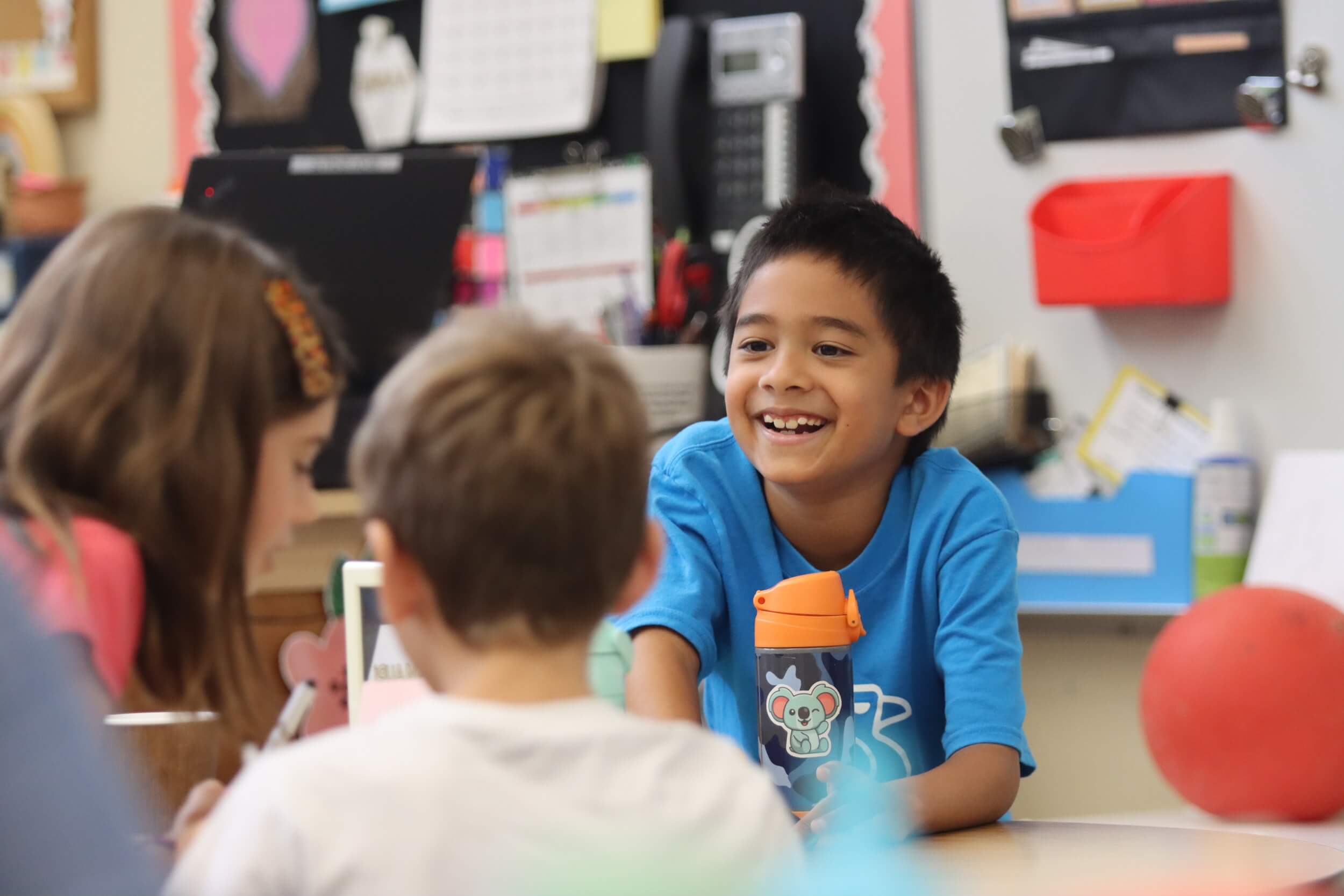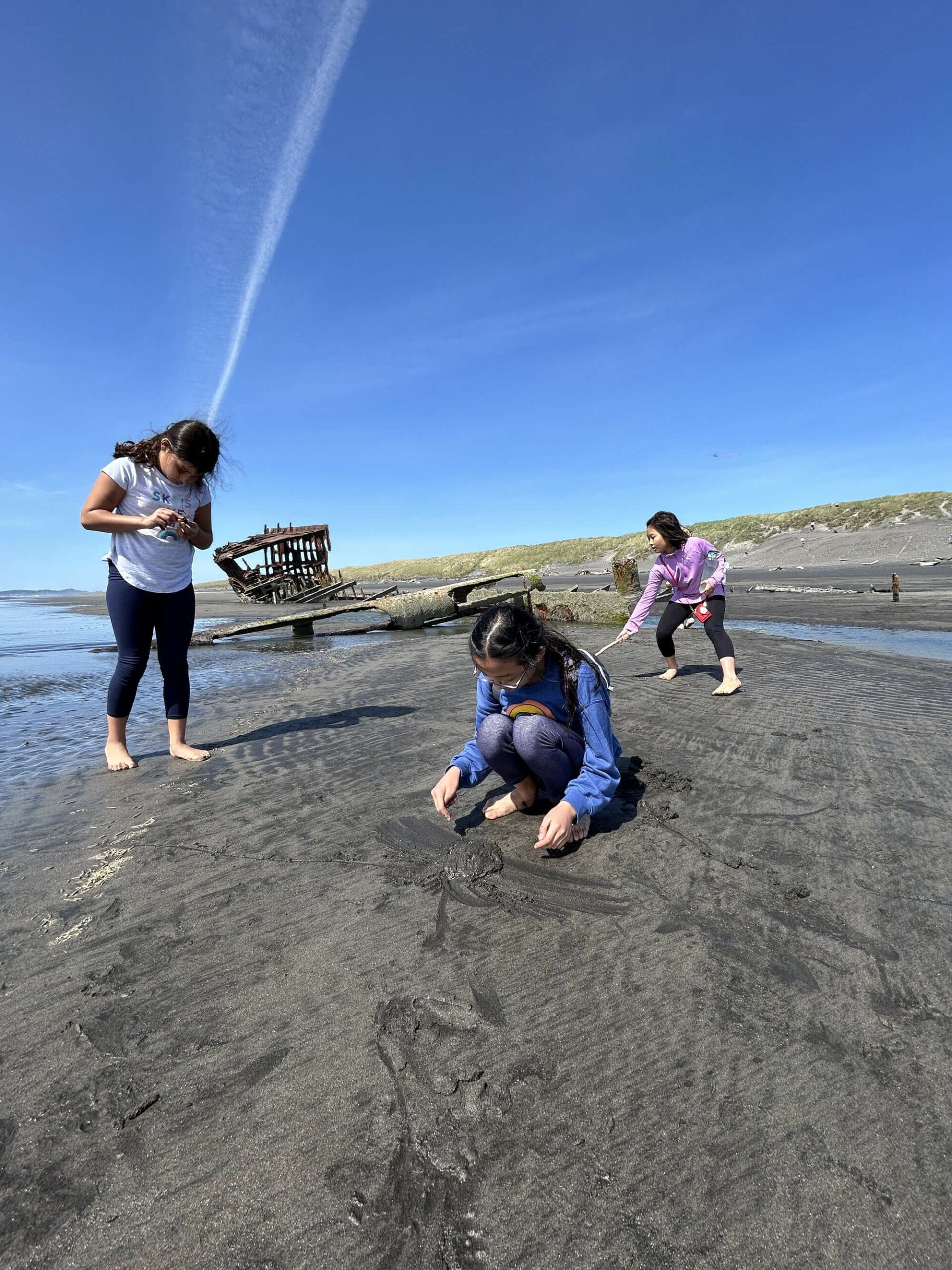Literacy + Numeracy
In Intermediates, students to acquire and apply language skills in a wide variety of areas and applications. They become proficient in verbal communication, listening, reading, writing, grammar, phonics and spelling, dictionary use, and the writing process. Reading fluency and comprehension are taught in the context of authentic literature. Students learn the art of organized writing with proper mechanics in a variety of formats. They experience Listening and Public Speaking via book projects and thematic projects.
In our numeracy program, we teach students concepts using a combination of traditional drill and practice exercises, hands-on activities, and thematic projects. Topics include graphing, place value, calculations and estimations, statistics, and geometry. Intermediate students are offered a natural progression of math instruction, with each strand building upon the other. Student skills are pre-assessed to determine existing knowledge. After each unit, a post-assessment occurs to determine learning gains.
Social Studies + Science
3rd and 4th grade social studies is an inclusive study of civic competence through understanding government, economics, geography, and history. Thematic studies focus on the people, places, and things that have shaped local history. They focus on the idea that communities must be directly involved and informed in the events, issues, or phenomena occurring in society. Students analyze and discuss how humans can impact the natural environment and formulate ideas on how to reach effective resolutions to problems.
Our science program incorporates hands-on exploration and experimentation, observation, research, and investigation of special topics in each theme year. Students learn to formulate questions, discover answers, and present the outcomes of their studies. They analyze the form and function of simple machines and examine different types of soil. Using the scientific method, experiments are conducted using magnetism, Newton’s Laws, and sound waves. Studies of habitats, adaptations, food chains, and life cycles of plants and animals in the state of Oregon are directly related to the theme.


